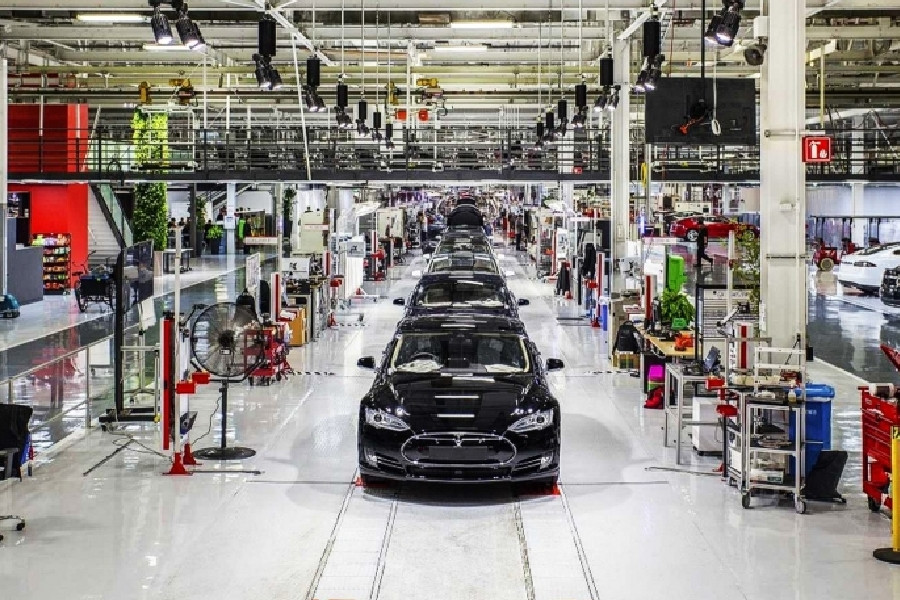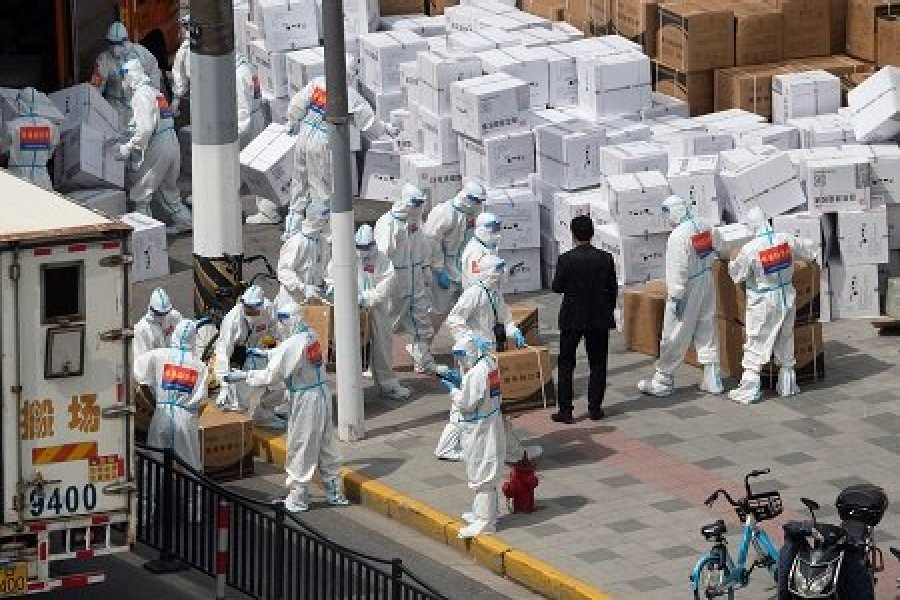The recession paired with inflation continues its victorious march through the world economies. The main central banks are raising base rates to combat rising prices. And leaders have already appeared here. For example, the Reserve Bank of New Zealand was a leader in canceling the incentives introduced during the pandemic, and has brought the rate to 175 bps since October. However, amid the highest inflation in the last 30 years, at 6.9%, the RBNZ is likely to go for the next increase this Wednesday. If the New Zealand central bank raises the rate by 50 bp, this will add up to a 10-fold increase from the record low of 0.25%.
The main role in raising prices is played, of course, by raw materials and energy. And here, as usual, there are winners and losers. Among the first are the US, which has its own energy sources, or Australia, which exports raw materials. The second is Europe, which mainly buys. Just like Japan. The world's third-largest Japanese economy is losing not only on the sharp rise in the cost of imports, but also on the harsh response to the pandemic in China. As a result, both consumption and production suffer. For example, as the reports showed, in May, the volume of orders for basic equipment in Japan decreased for the first time in three months. According to data released on Monday, capital expenditure indicators fell to -5.6%. This is all the more impressive against the background of the previous month, when the main orders jumped sharply by +10.8%. And their growth was +7.1% in March.

Japan's economy is struggling with rising prices for imported raw materials and is growing weakly. The Japanese yen also looks weak, which is depreciating on the policy of the country's central bank. However, there are no changes, at least in the near future, in the policy and actions of the central bank. The ruling party (LDP) won the elections held in Japan on Sunday. Some media outlets have already been quick to call its victory gloomy, since ahead of the election, its leader Shinzo Abe was killed during the election campaign. However, the party's victory showed that the reforms of Abenomics are approved by society, which means they will continue to be carried out.

But Prime Minister Fumio Kishida received a "gift" in the form of a reduction in the number of major orders just on the day when his leadership position in the Japanese parliament strengthened. Moreover, the government of the country still claims that orders for cars are showing signs of growth and that the economy should move to recovery. At the same time, great hopes are pinned on the recovery of the markets of the closest trading partner – China.
And China still falls out of this picture a bit. And for several months now. While the whole world, relatively speaking, is trying to "get along '' with the pandemic, the Chinese authorities are reacting harshly even to isolated cases of COVID-19, sending entire settlements and cities to quarantine. Even the 25-millionth Shanghai. The anti-pandemic measures have, as expected, put pressure on the economy and on the world's largest automotive market. In recent months, the automotive sector has been hit hard by:
- efforts to combat COVID-19;
- severe restrictions in many parts of the country;
- rising prices for raw materials (especially for batteries for electric vehicles);
- supply chain disruptions.
Therefore, due to falling commercial demand, the China Association of Automobile Manufacturers lowers its sales forecast in 2022 from 5.4% to 3.0% compared to 2021.
However, Chinese authorities are using certain incentives to boost consumer demand.
- In May, the tax on the purchase of up to 5% for cars worth less than 45 thousand dollars and with engines of no more than 2.0 liters was reduced by two times.
- Certain steps have been taken to encourage the sale of NEV vehicles, such as subsidies for swapping petrol vehicles for electric vehicles.
- In some cities, car ownership quotas have been raised.
This policy certainly worked. After four months of decline, China experienced a boom in car sales (2.5 million) in June, up 23.8% from a year earlier. Compared to May, the growth was 34.4%. Moreover, electric vehicles (electric, gasoline-electric, hydrogen fuel cells) were sold by 129.2% more than last year.
But at the same time, sales of commercial vehicles in China plunged significantly. Increasing demand for trucks and buses requires rebuilding infrastructure and active logistics, as well as more government support. Therefore, at a press conference of the China Association of Automobile Manufacturers on Monday, it was stated that sales of commercial vehicles are at risk of falling by 16% (to 4 million). And even despite the high sales of cars in June, there are fears that demand for them will fall again. According to the data, the number of cases of COVID-19 (BA.5 Omicron) is rising in China, which means new restrictions.
















